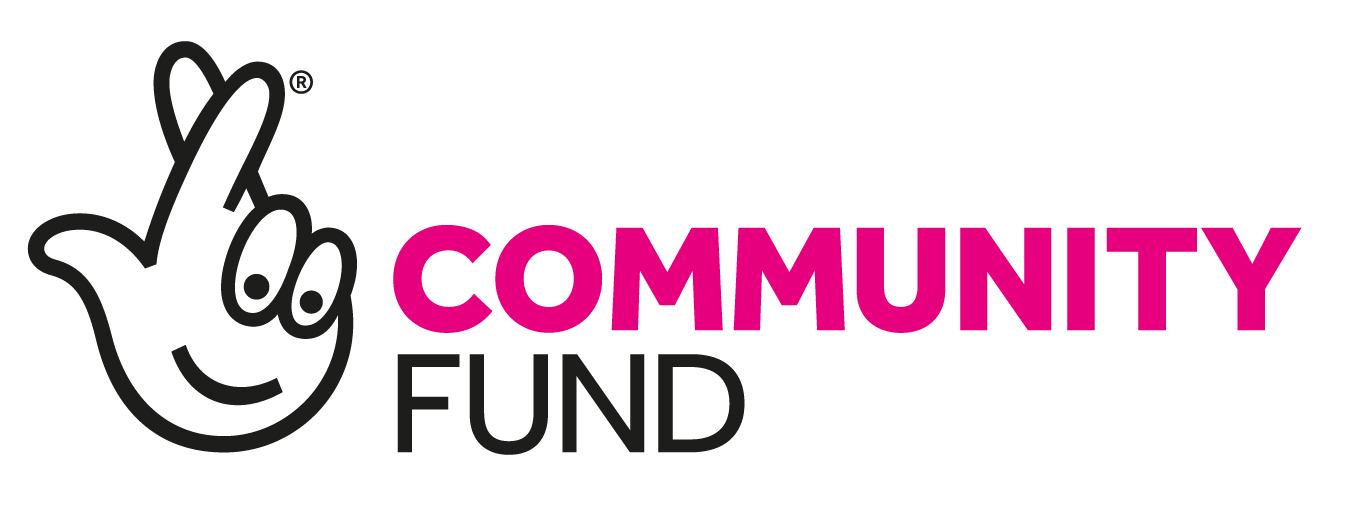Helpful information for parents
A minimum of 12 sessions is recommended. A child usually needs several weeks to get to know and trust the therapist before settling down and feeling comfortable enough to express themselves. If the child has been experiencing difficulties for some time, then more sessions may be required. Sessions are usually once a week and ideally, they will be at the same time and place each week. Missed sessions are sometimes unavoidable but may disrupt the progress so giving your child as much notice as possible is important.
It is crucial that trust is able to develop between your child and their Play Therapist. Your child will need to feel safe and comfortable in order to express themselves. The play therapist is trained to be non-judgmental in their responses to your child's play which in turn allows the child to play in a way that is helpful in expressing emotions that they may find difficult to show to those they are close to. It is really important that your child knows you are supporting them going to play therapy.
Information that you share about your child and family will be kept confidential. The exception to this is when the play therapist may share information with other colleagues and professionals for the benefit of your child with your permission. A play therapist must share information with other professionals if they are concerned that a child is being harmed, hurting others or themselves. They will usually talk to you about this first.
A play therapist will meet with you at regular intervals to discuss general progress that may have taken place in therapy sessions and for you to discuss any concerns. However, the play therapist will not disclose specific details of what your child has played. This is important in order to maintain confidentiality.
It is important that you support your child while they are having play therapy. Please make sure your child is able to attend sessions regularly and communicate with the therapist as soon as possible if a session needs to be missed.
Please don't ask your child what they did. It is best if you wait for them to tell you if they want to. Try to imagine someone asking you about a confidential matter that you feel is private and may not be ready to talk about.
Play Therapy is where your child is free to express any feelings in a contained environment so, please don't ask if they have had 'fun' or been 'good' as behaviour that is often unacceptable is allowed an outlet. Within the boundaries set by the therapist, all behaviour is observed and reflected back which allows the child to gain an understanding of their own behaviour.
Please be aware that your child's behaviour may sometimes get worse before it gets better and that this is often a sign that they are starting to feel more comfortable and able to express themselves– please tell your child’s play therapist if you have any concerns.
If your child brings home any artwork (usually every 12 sessions) please be aware that they can be an important part of the therapy. If your child chooses to share them with you, try not to ask questions about what you see. Instead, wait for them to explain what they are about. They may also want to destroy or get rid of the art work. This is also ok and should be respected.
If you have any questions that are not answered here, please do contact us here at Out of the Woods Play and Creative Arts Therapy, and we'll be happy to help.


